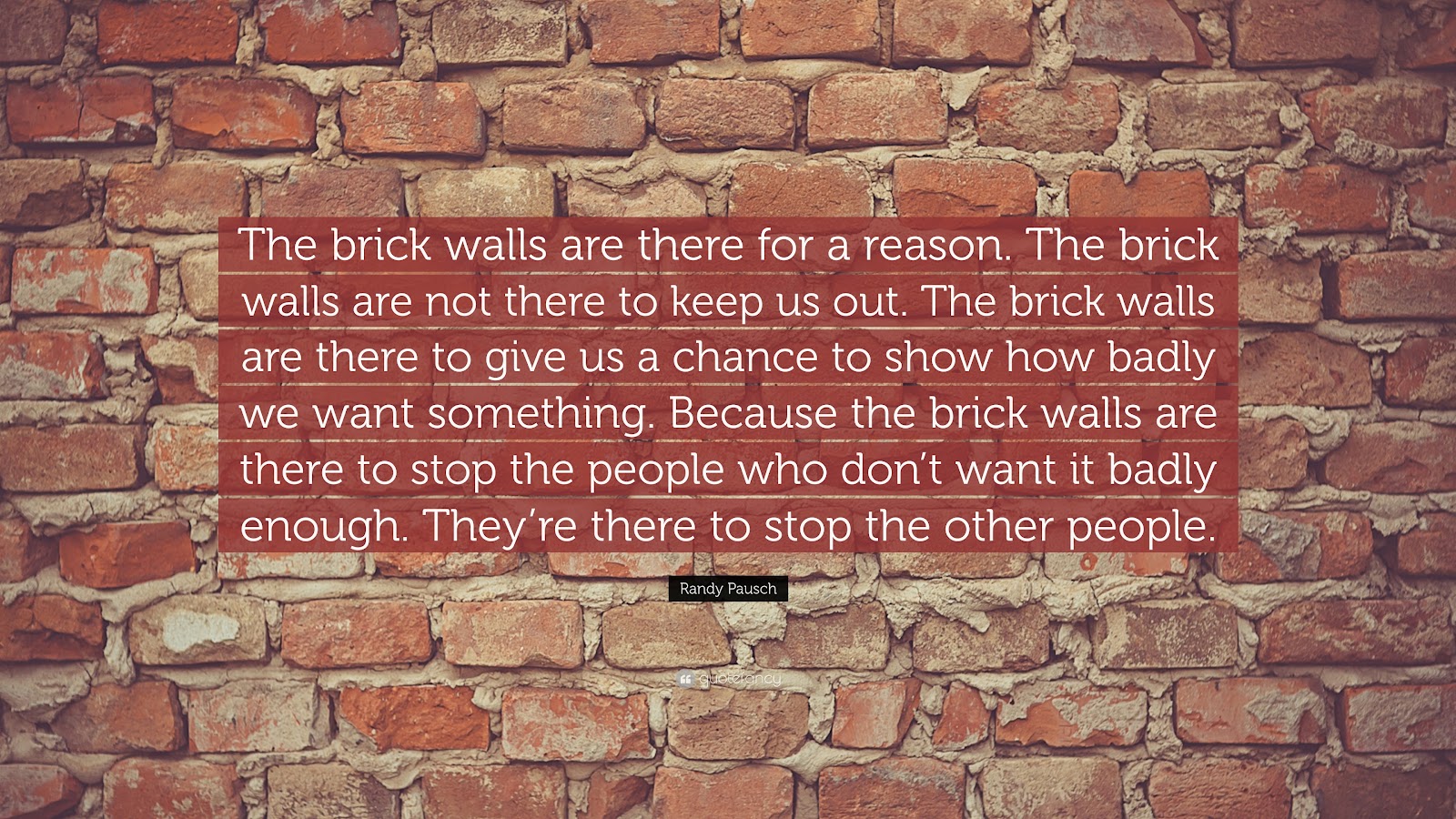Is it unconstitutional for government to tax Faux News more heavily than NPR because Faux relies heavily on DFS? I don't see why.
Well, there's this:
Congress shall make no law respecting an establishment of religion, or prohibiting the free exercise thereof; or abridging the freedom of speech, or of the press;
Taxing a private company because of its speech - dark or otherwise - is definitely an abridgment of freedom, and unconstitutional.
Style over substance? I don't get it. Lies are lies, not truths. Logic flaws are logic flaws, not sound logic. Deceit is deceit, not honesty. Those things look clear to me, even if the lines are not always sharp...
So what "lies" are you referring to? That the moon landing was a side project by Kubrick filmed in Hollywood, or that global warming reversed when we elected Obama, or that there were no WMD in Iraq? Here you focus on the most straightforward of the criteria you listed earlier, and yet here too you'll find the utility of limiting speech marginal at best.
And whatever utility you think there is, none of these rebuttals eliminates the role of agreement in determining the "correct" standard. Ultimately your demand for limiting "dark" speech is inherently a demand for others to take your view of things. They must agree with you, do things your way, or be punished in some way.
To prove prima facie defamation, a plaintiff must show four things: 1) a false statement purporting to be fact; 2) publication or communication of that statement to a third person; 3) fault amounting to at least negligence; and 4) damages, or some harm caused to the reputation of the person or entity who is the subject of the statement.
Different states vary in their anti-defamation statutes. As such, courts in different states will interpret defamation laws differently, and defamation statutes will vary somewhat from state to state. In Davis v. Boeheim, 110 A.D.3d 1431 (N.Y. 2014), which is a New York state court case, the court held that in determining whether a defamation claim is sufficient, a court must look at whether the "contested statements are reasonably susceptible of a defamatory connotation.
Truth is widely accepted as a complete defense to all defamation claims. An absolute privilege is also a complete defense to a defamation claim. Among other examples, this includes statements made by witnesses during judicial proceedings.
In commerce, lying can amount to a criminal offense:
Businesspersons Beware: Lying is a Crime
The rules regarding lying in business in the U.S. are currently being vigorously enforced
In case after case, scandal after scandal, American federal law enforcement officials have clearly shown by their indictments and prosecutions that there is no confusion in their minds—lying is a crime. Businesspersons need to clearly understand those rules and what prosecutors define as lying.
In recent corporate scandals, some executives have learned the hard way that lying is still a crime in corporate America. Martha Stewart was accused of selling her ImClone stock allegedly after receiving insider information. However, she was not convicted of securities fraud. She was instead convicted for lying. In addition, Computer Associates executives were indicted and some have already pleaded guilty for lying to their own company’s attorney during an internal investigation when their lies were passed on by their attorney to the government.
To me the evidence is rock solid: It is sometimes or often possible to determine that a person has lied and that can trigger criminal guilt for the liar. That is a key point here.
So what "lies" are you referring to?
Excellent question. My main focus is on politics, which now clearly includes both commerce and religion. Therefore lies in politics are what I refer to, especially lies by people in government, commerce or religion who hold positions of power or public trust. Lies such as (i) the 2020 election was stolen, (ii) Joe Biden is an illegitimate president, (iii) Trump's 1/6 coup attempt was merely legitimate political discourse and/or something Trump bears no responsibility for, (iv) the over 30 thousand false or misleading statements DJT made while he was in office, (v) the lies that Faux News routinely asserts as truth in some or most of its broadcasts, and (vi) decades of corporate lies about climate change.
From what I (and some others) can tell, the entire GOP leadership now relies heavily on DFS because actual facts and truths are not on the side of kleptocratic authoritarianism.
No, fact checking is not a perfect science. Humans make mistakes, so honest mistakes will be made. But where does the greater danger lie? In my opinion, the greater danger is in letting people and interests who significantly rely on DFS to get away free and clear shifts the costs and harms from those responsible to the whole society. Screw that noise, I'm tired of people and the environment getting constantly shafted by the rich and powerful hiding behind a thick shield of constitutionally protected DFS.
Ultimately your demand for limiting "dark" speech is inherently a demand for others to take your view of things. They must agree with you, do things your way, or be punished in some way.
I vaguely recall this criticism from you before. Regardless, let's do it again.
My demand for limiting DFS is the opposite of a demand for others to take my view of things. Pragmatic rationalism is a demand for respect for facts, true truths and sound reasoning in a political context of democracy, civil liberties, the rule of law and service to the public interest. There is vast room for disagreements within those broad constraints, especially democracy, civil liberties, the rule of law and service to the public interest, all four of which I believe are essentially contested concepts. But notice, there is a lot less room for disagreements over facts and intermediate room for disagreements over true truths and sound reasoning.
So, on the one hand, my pragmatic rationalism is intended to at least partly (noticeably) purge some lies and irrationality from politics in defense of democracy and the public interest. Pragmatic rationalism frees minds, allowing freedom of thought and freedom of choice.
On the other hand, consider the mental framework and reality that purveyors of DFS use to win their arguments. They are usually corrupt authoritarians who deceive, distract, confuse, enrage, terrify, derationalize, polarize and bamboozle people to get what they want in defense of the elite's interests. DFS politics traps minds, infringing on freedom of thought and limiting choices.
What political framework do you prefer, pro-democracy pragmatic rationalism, anti-democracy DFS irrationalism, or something else? If something else, exactly what?











